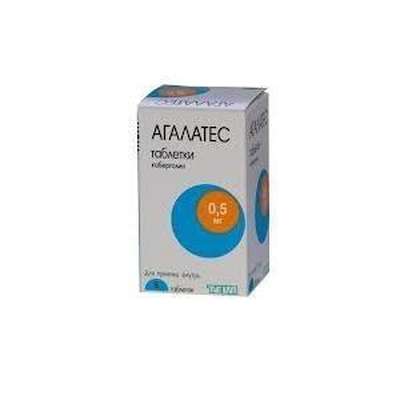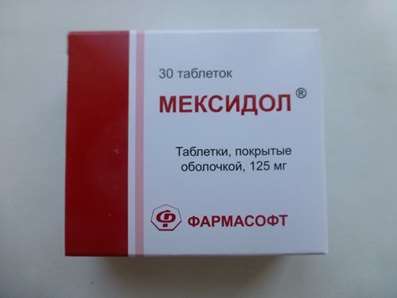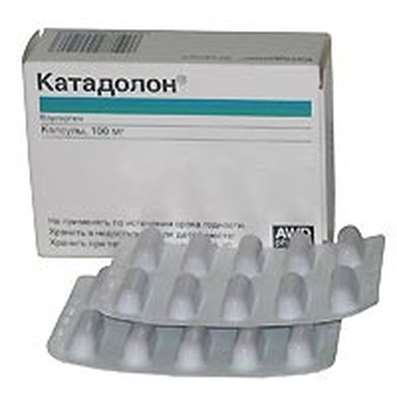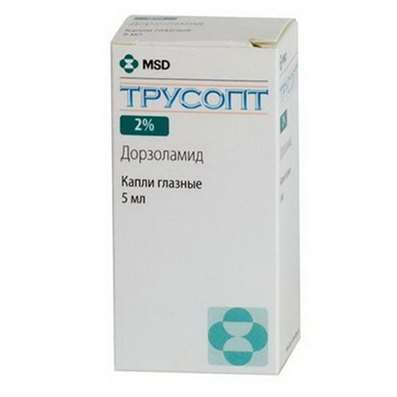Instruction for use: Mianserin
I want this, give me price
Latin name of substance Mianserin
Mianserinum (genus. Mianserini)
Chemical name
1,2,3,4,10,14b-Hexahydro-2-methyldibenzo [c, f] pyrazino [1,2-a] azepine (as hydrochloride)
Gross formula
C18H20N2
Pharmacological group:
Antidepressant
The nosological classification (ICD-10)
F06 Other mental disorders due to brain damage or dysfunction or somatic disease: Somatogenic depression; Somatogenic psychosis
F06.3 Organic mood disorders [affective]: Secondary affective symptoms; Organic depression; Affective disorders; Depressed mood with elements of anxiety
F06.4 Organic Anxiety Disorder
F32 Depressive episode: Adynamic subdepression; Astheno-adynamic subdepressive states; Asthenoadressive disorder; Astheno-depressive disorder; Asthenodepressive state; Astheno-depressive state; Major Depressive Disorder; Vyaloapatichesky depression with retardation; Double Depression; Depressive pseudodement; Depressive illness; Depressive mood disorder; Depressive disorder; Depressive mood disorder; Depressive state; Depressive disorders; Depressive syndrome; Depressive syndrome larviated; Depressive syndrome in psychoses; Depressed masks; Depression; Depression Depletion; Depression with the phenomena of inhibition within the framework of cyclothymia; Depression is smiling; Involutional depression; Involutionary melancholy; Involutional depression; Manic-depressive disorder; Masked Depression; Melancholic Attack; Neurotic depression; Neurotic depression; Shallow Depression; Organic depression; Organic depressive syndrome; Simple depression; Simple melancholic syndrome; Psychogenic depression; Reactive depression; Reactive depression with moderate psychopathological symptoms; Reactive depressive states; Reactive depression; Recurrent depression; Seasonal depressive syndrome; Severostatic depression; Senile Depression; Symptomatic Depression; Somatogenic depression; Cyclotymic depression; Exogenous depression; Endogenous depression; Endogenous Depressive Conditions; Endogenous Depression; Endogenous depressive syndrome
F41.2 Mixed anxiety and depressive disorder: Depression with anxiety-depressive components; Mixed anxiety-depressive conditions; Anxiety Depression; Anxious and depressing mood; Anxiety-depressive state; Anxious-depressive conditions; Anxiety-depressive syndrome; Anxious-Neurotic Conditions
F45 Somatoform disorders: Psychosomatic disorder; Psychosomatic disorders; Psychosomatic diseases; The state of excitement in somatic diseases; Functional psychosomatic disorders of the cardiovascular system
CAS code
24219-97-4
Characteristics of the substance Mianserin
Antidepressant of a four-ring structure.
White crystalline powder odorless, solubility in water 1:50, in alcohol 1: 100, in chloroform 1:20; The pH of a 1% solution in water is 4.0-5.5, and is photosensitive.
Pharmacology
Mode of action - antidepressant, hypnotic, sedative.
It blocks 5-HT2 receptors and alpha2-adrenergic receptors. Strengthens adrenergic transmission in the brain, tk. stimulates the release of the mediator into the synaptic cleft due to the blockade of presynaptic alpha 2-adrenergic receptors. Does not show cholinolytic activity.
When ingested quickly absorbed from the gastrointestinal tract, bioavailability is low (20%) because of the effect of "first passage" through biochemically active tissues (mucous membranes of the intestine, liver). After taking 15 mg of Cmax inside is achieved in 2-4 hours and is 6-19 ng / ml of plasma. The equilibrium concentration in the blood with daily intake is achieved after 6 days. Binding to plasma proteins - 96%. Metabolised in the liver by demethylation and oxidation followed by conjugation of metabolites. T1 / 2 - 21-61 hours (an average of 32 hours). It is excreted (partially in the form of metabolites) by 70% by the kidneys and by 8-28% by the intestine.
Application of Mianserin substance
Depressive states of various genesis.
Contraindications
Hypersensitivity, manic syndrome, severe violations of the liver, acute period of myocardial infarction, pregnancy, breast-feeding, children and adolescents (under 18 years).
The use of mianserin simultaneously with MAO inhibitors is contraindicated.
Side effects of Mianserin substance
From the nervous system and sensory organs: drowsiness (in the first days of admission), hypomanic conditions, convulsions.
From the cardiovascular system and blood (hematopoiesis, hemostasis): arterial hypotension, changes in the cellular composition of the blood (reversible leukopenia and agranulocytosis).
Other: liver dysfunction, jaundice, edema, gynecomastia, arthritis, arthralgia.
Interaction
Incompatible with MAO inhibitors (after they need a two-week interval), enhances the depriming effect of alcohol, the effects of antihypertensive drugs, weakens - anticonvulsants.
Overdose
Symptoms: prolonged sedation, arrhythmia, convulsions, severe arterial hypotension, respiratory depression. There is no specific antidote.
Treatment: gastric lavage, symptomatic therapy, maintenance of vital functions.
Routes of administration
Inside.
Precautions for the substance Mianserin
In hypomaniacal conditions, convulsive reactions, the appearance of jaundice, treatment with mianserin should be stopped. It is necessary to avoid the simultaneous use of myanserin with MAO inhibitors and for the next 2 weeks after the end of the course of treatment with these agents.
It is necessary to refrain from driving a car and other active and potentially dangerous activities requiring increased attention and quickness of reactions, as well as from drinking alcohol. It is necessary to carefully monitor patients with cardiac, renal and / or hepatic insufficiency, narrow-angle glaucoma and suspected hypertrophy of the prostate gland. If a fever, pharyngitis, stomatitis or other infectious diseases occurs, a blood test is mandatory.

 Cart
Cart





